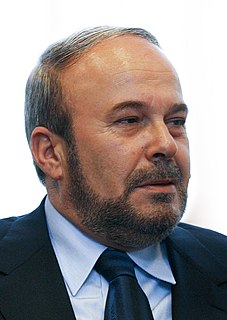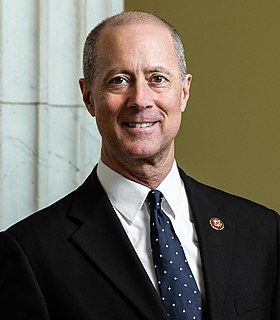A Quote by Paul Virilio
Jean Baudrillard is a friend of mine, I do not agree with him on that one! For me, the significance of the war in Kosovo was that it was a war that moved into space.
Related Quotes
World War Two was a world war in space. It spread from Europe to Japan, to the Soviet Union, etc. World War Two was quite different from World War One which was geographically limited to Europe. But in the case of the Gulf War, we are dealing with a war which is extremely local in space, but global in time, since it is the first 'live' war.
Possibly my hatred of war blinds me so that I cannot comprehend the arguments they adduce. But, in my opinion, there is no such thing as a preventive war. Although this suggestion is repeatedly made, none has yet explained how war prevents war. Worse than this, no one has been able to explain away the fact that war creates the conditions that beget war.
[The Yellow Birds] is based on a novel written by Kevin Powers, who is an Iraq War vet. I play a soldier who promises my friend's mother I'm going to keep him alive. But when we go overseas to Iraq, he gets killed. It's about what happened to him, my reckoning and dealing with that as I return home from the war.
Moreover, I would like to say that the sort of polar inertia we witnessed in the Kosovo War, the polar inertia involving 'automated war' and 'war-at-a-distance' is also terribly weak in the face of terrorism. For instance, in such situations, any individual who decides to place or throw a bomb can simply walk away. He or she has the freedom to move. This also applies to militant political groups and their actions.
World War II made war reputable because it was a just war. I wouldn't have missed it for anything. You know how many other just wars there have been? Not many. And the guys I served with became my brothers. If it weren't for World War II, I'd now be the garden editor of The Indianapolis Star. I wouldn't have moved away.
































